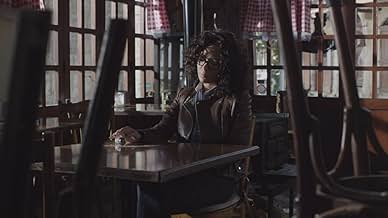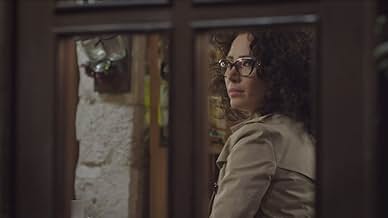"Qalam Homra," translating to "A Rouge Lipstick," stands as an exquisite portrayal of Syrian lives across various epochs, life phases, aspirations, and predicaments within contemporary television. This series intricately weaves shocking yet authentic dialogues, seamlessly oscillating between the extraordinary and the mundane, fostering an irresistible connection with the viewer.
At its heart is Ward, embodied with unparalleled depth by the magnetic Sulafa Memar, delivering a breakthrough performance that elevates her to the echelons of the finest female characters in Arabic drama and cinema. The script, meticulously crafted and exquisitely penned, adds layers of richness to her character.
Set against the backdrop of Damascus, circa 2010, a year preceding the war, and progressing gradually to its release year of 2014, "Qalam Homra" navigates the labyrinthine lives of a multitude of characters. Their resilience in the face of multifaceted challenges-be it religious, creative, political, economic, or societal-forms the crux of the narrative. From tackling issues like depression, LGBTQ+ rights, women's struggles, adolescence, to familial dynamics, the series paints a poignant tapestry of human existence. Its ability to evoke both tears and nostalgia for the best and worst of pre-war Damascus is undeniably compelling.
However, a lamentable drawback lies in its exclusivity to Syrian Arabic, lacking translation or subtitles for a broader international audience. This barrier impedes the global dissemination of its profound narrative and universal themes, relegating its impact primarily to Arabic-speaking viewers.
"Qalam Homra" emerges not merely as a television series but as a resonant reflection of human struggles and triumphs, a poignant ode to the intricacies of life in Damascus, etched in the hearts of those who have experienced its emotional journey.






